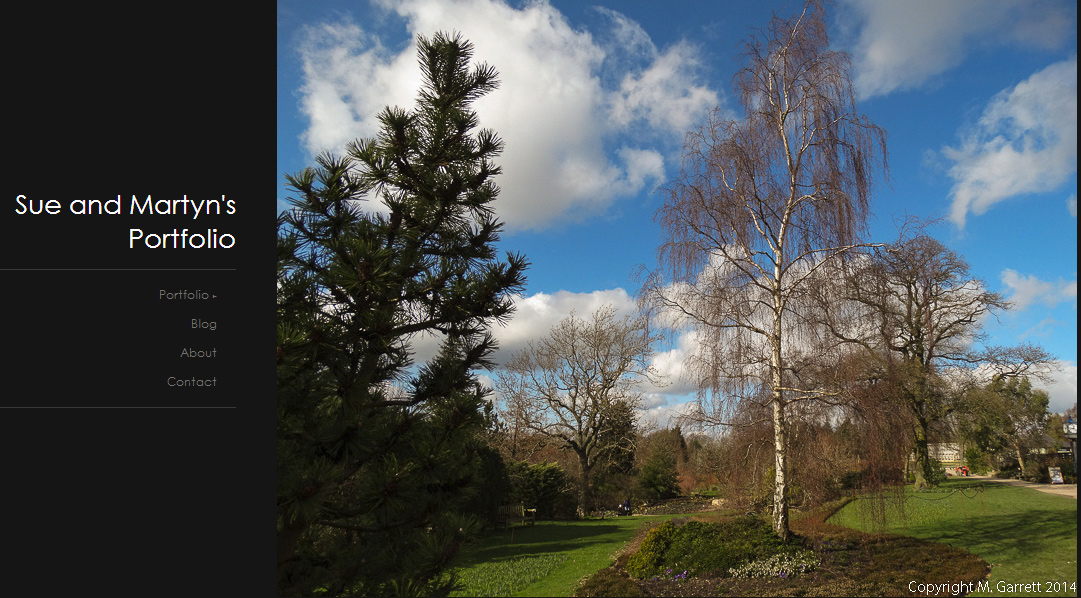One of the bonuses of not having to do as much weeding has been that we can turn our attention to areas of the plot that have been rather neglected. I've already mentioned one renovation project which involved tackling a rampant bramble.
As this project didn't take as long as we had anticipated we turned our attention to another couple of areas. One such area is one of our 'fruit' beds. We have two beds housing blackcurrant bushes. One is tidy and productive.
The other is neither.
The productive bed is shown above outlined in white and the area set for a makeover is in the foreground. The bottom photo was taken when the lavender hedge was in flower which is about as good as it gets!
Knowing that we intended to replant this bed we haven't really bothered with it this year which means that it has ended up like this.
The lavender will be sorted out and kept but all the blackcurrants and whitecurrants will be dug out and discarded.
We wanted to plant this bed with fruit but something that we hadn't tried before and in the end came up with honeyberries. As its name suggests this is a type of honeysuckle. It originates from Siberia so should survive life in Yorkshire. The fruits are supposed to taste something like blueberries but the plants are supposed to be more easy going and don't need the acid conditions demanded by blueberries. It is recommended that more than one bush is grown to aid pollination so we have bought four bushes which over time could grow to six feet. The plants arrived this week form Victoriana Garden Nurseries. We have had a few other fruit plants from here and been pleased with them.
The plants arrived already potted up and so will be kept in our cold garden greenhouse where they will benefit from a bit of shelter before we are ready to plant them in their new home.
Then we will eagerly await our first tasting - anyone tasted a honeyberry? If so what did you think - here's hoping you don't say they are horrible!









































Just a guess, but maybe the Honeyberry's fruit tastes of honey???
ReplyDeleteVictoriana describe it as similar to a wild blueberry dipped in honey, Mark. But I think the name comes from the fact that it is a variety of honeysuckle - I wonder what the flowers will look like?
DeleteThey sound really interesting Sue. Lovely plot.
ReplyDeleteThanks SG - this is actually just part of our plot - we have quite a large area.
DeleteI've not come across it before, it'll be interesting to hear what you make of it!
ReplyDeleteI'm interested too Jessica - I hope it turns out OK
DeleteWe will look forward to you telling us what they taste like. I note that they do not need an acidic soil so they might be OK for here as we are basic.
ReplyDeleteI'm looking forward to tasting them too Alain - I wonder how long I'll have to wait?
DeleteI look forward to hearing what they taste like. It sounds a good plant to grow if you don't want to be faffing around with blueberries owing to their preference for acidic conditions.
ReplyDeleteOur blueberries don't produce a large crop, Jo so I'm hoping these are a good substitute
DeleteI've never even heard of them, if their name is anything to go by you're in for a bit of a treat.xxx
ReplyDeleteI hope the name is accurate, Snowbird
DeleteIt is a type of "false" blueberry planted here in the Czech Republic - people say that thay have problems with feeble production when only one variety of honeyberries is planted (and therefore they recommend planting more varieties). Nevertheless, growers are satisfied both with taste and production:)
ReplyDeleteOne grower who is the official honeyberry grower/breeder in the CR says that regarding the fact that honeyberries flower in early spring, they are dependent on pollination via bumblebees (as bees do not fly when the temperature is low) - so when there are no bumblebees (or, other bugs flying in early spring), the level of pollination is low.
Good luck with your honeyberries (here called "Kamchatka blueberries"), I am trying (here so-called) "Canadian blueberries" (those big-berries plants) next year - I considered honeyberries, but our conditions are more suitable for big ones.
Greetings from Prague:)
Welcome Dominika and thanks for your very informative comment. I may try a bit of hand pollination if they flower very early
DeleteWhat do the flowers look like Dominika
DeleteI've never heard of them either - should be interesting.
ReplyDeleteHope it's a taste experience as well Elaine.
DeleteInteresting choice Sue...I remember reading about these before but I have never tasted them and I haven't tried growing them. You will have to let me know how they go as they would be a wonderful addition to my bee plot!! :-)
ReplyDeleteMust admit I thought of you when I typed the post title, Tanya
DeleteI've never tried honeyberries but they sound good and hope they do well.
ReplyDeleteI hope they are as good as they sound, Kelli
DeleteI've never even heard of Honeyberry never mind tasted one, looking forward to your experience of growing and eating it :)
ReplyDeleteLooks like so far I an in my own, Linda. I wonder if there is a good reason for that?
DeleteHoneyberries? Never heard of them! Hope they taste as sweet as Honey! ;)
ReplyDeleteAs long a they taste good. Malar
DeleteOooh, honeyberries are on my wishlist for when I have cleared the side border so I shall watch your experiences with interest Sue. They sound almost too good to be true, but I am giving up on blueberries as mine are in pots and are just not very productive for the space and effort they demand.
ReplyDeleteThey do sound too perfect don't they, Janet?
Delete